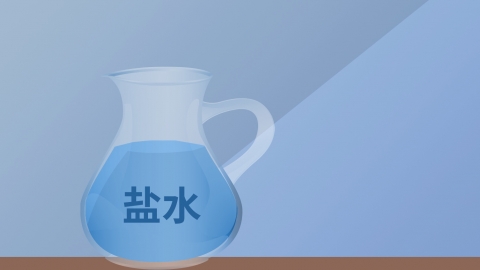Can I wash with saline after anal fistula surgery?
Saline cleaning after anal fistula surgery is possible, but should be adjusted according to the postoperative stage. Warm saline sitz baths are recommended once the surgical wound has stabilized; however, during the early postoperative period—especially if there is active bleeding or sutures have not yet been removed—self-cleaning with saline is not advisable and wound care should follow medical instructions. Detailed explanations are as follows:

Starting from the third day after surgery, if there is no obvious bleeding at the wound site, using a 0.9% concentration of medical-grade normal saline or mild saltwater for sitz baths can help clean wound secretions, reduce bacterial growth, relieve spasm of the anal sphincter muscle, and alleviate pain. Each session should last 10–15 minutes, performed 2–3 times daily. After washing, gently pat the area dry with sterile gauze.
On the day of surgery or when the wound is oozing blood or sutures remain in place, saline may irritate damaged blood vessels and worsen bleeding, or interfere with clot formation. At this stage, use only antiseptic solutions prescribed by your doctor, along with sterile dressings changed regularly, and avoid self-cleaning with saline. Additionally, excessively concentrated saline solutions may irritate the wound, cause pain, and impair healing.
In daily care, it is important to keep the wound clean and dry. In addition to proper cleaning, maintain a diet rich in dietary fiber to ensure smooth bowel movements and prevent constipation or hard stools that could rub against and damage the healing wound.




